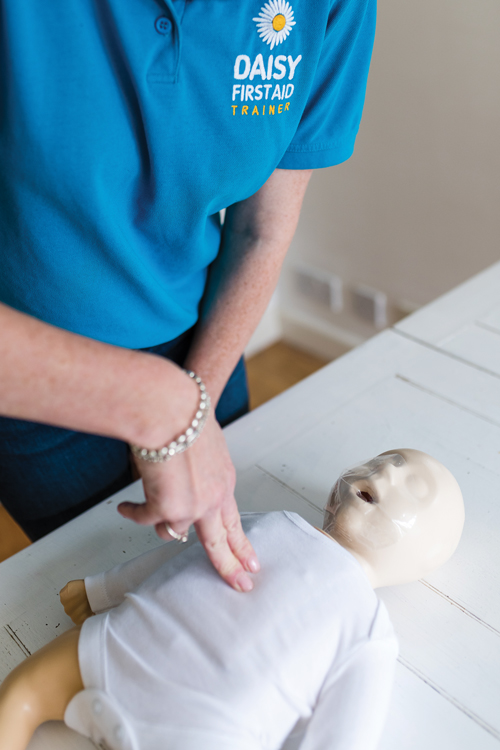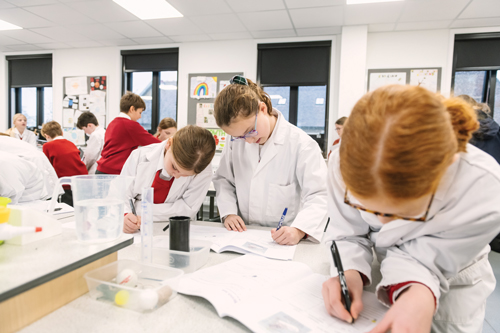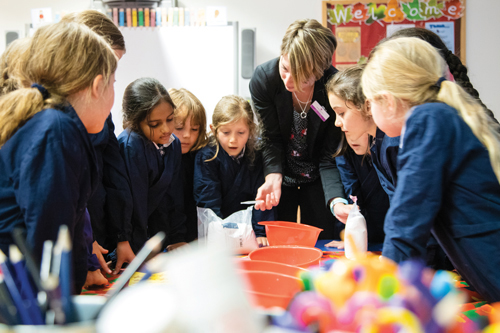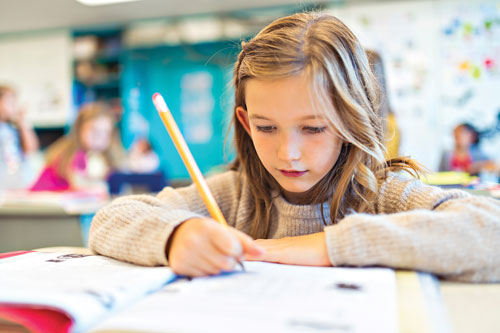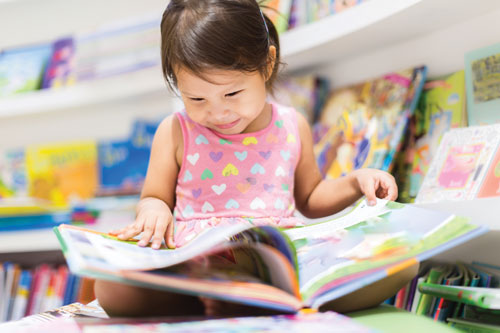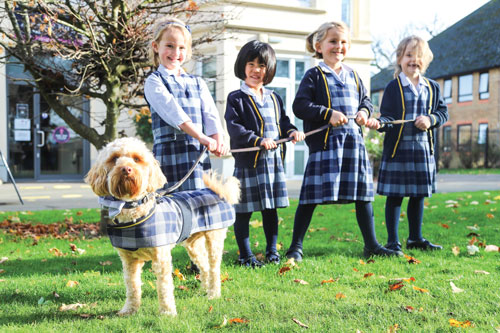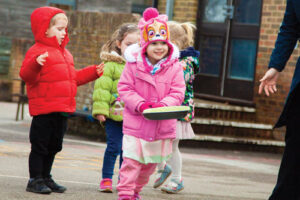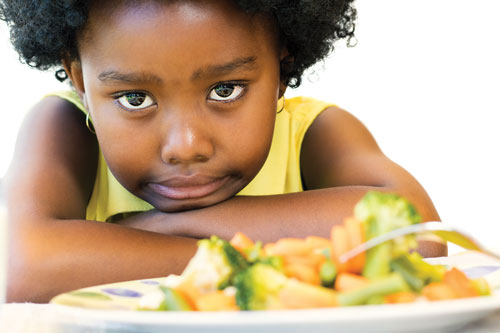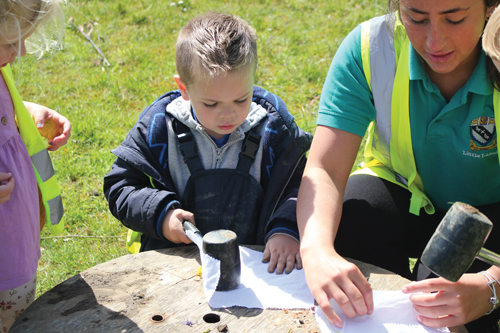
by Jovita Opio
Deputy Manager, Little Lancing Day Nursery & Forest School
It’s a fairly typical experience for many parents – you buy your small child a large toy – for example a sit on (or sit in!) car – and they are far more interested in playing with the box than with what was inside it. It’s something many of us have laughed about! It’s worth thinking about that a bit more though, why does a child do that? Is it that the box fires their imagination, it can be anything they want it to be, and that’s perhaps a more appealing object to explore at first sight than its brightly coloured contents? Another common observation we all have made is that children want to play with ‘real’ things, not just synthetic, child-sized reproductions. They see parents and other adults around them using ‘real’ things and they want to use them too.
There is no doubt that we are all born curious; babies and small children reach out to explore the world around them and learn rapidly from those experiences. Their parents are their very first educators and babies learn so quickly, it’s no great surprise therefore that those practitioners passionate about Early Years education want to continue to nurture that natural curiosity, imagination and creative thinking in their nursery settings – for staff job satisfaction as well as for the wellbeing of all the children in their care!
There are many elements that come together to create an environment where children’s development can flourish – whether it’s the calm ambience created by a subdued colour scheme, authentic items made of organic materials, or natural objects to capture the imagination. These all play a part in creating the framework within which children’s imaginations can blossom – neutral colours allow the learning to shine through, rather than distract from it, the hands-on feel of wicker baskets, wooden objects, carvings and ornaments connects children to the natural world around them and metal pots, pans, kitchen accessories are durable and ‘real’ items to role-play with.
So-called ‘loose parts play’ is another intriguing factor – carefully supervised – children find seemingly endless joy in making things out of nuts, bolts, washers and screws. It’s amazing what can be found in charity shops, car boot sales and by turning out old cupboards at home that can be used to build a stock of such materials, and recycling these items is also a way of doing a small bit for the environment at the same time.
But it’s so much more than muted colours, wooden crates and metal household objects that are important to a nursery that seeks to embrace this approach. It’s also a mindset. A combination of mindfulness and the Danish concept of Hygge – a sense of warmth, cosiness and homeliness, that encourage the children to develop their sense of awe and wonder in the world around them. So a nursery that seems more like an extension of home helps to promote the comfort children feel in their own homes. Working in partnership with parents is hugely important and creates a virtuous circle between nursery, child and home, with of course the child very much at its centre.
Time spent outdoors contributes significantly to nurturing a child’s sense of wonder. Forest School is now well established as a buzz word for nurseries and parents – children begin to learn how to assess risks for themselves in a safe environment, connect with nature and if they get covered in mud while doing so, so much the better! The glow of joy and pride radiating from a child’s face when they have made their very own bug hotel (it might look like a mass of mud and twigs in a jar to the rest of us!) is a powerful testament to the value of outdoor learning to building self-confidence, a sense of achievement, resilience and perseverance. This is so much more of a rewarding experience for the child than merely picking up a mass-produced article from a retailer.
In our setting, this lies at the very heart of our ethos and we are now formally working towards our accreditation with The Curiosity ApproachTM – www.thecuriositapproach.com – a programme that in its own words offers “A modern approach to Early Years. taking parts from Reggio, Steiner, Te Whariki and a sprinkle of Montessori.” It seeks to inspire early years practitioners to be thoughtful, curious and passionate in their work with the eager little learners they care for. We’re looking forward to taking this magical learning journey ourselves and to creating curiosity-driven learning journeys with our Little Lancing families.
Jovita Opio is the Deputy Manager at Little Lancing Day Nursery & Forest School. For further details please call 01273 465900 or visit www.littlelancing.co.uk or email littlelancing@lancing.org.uk

